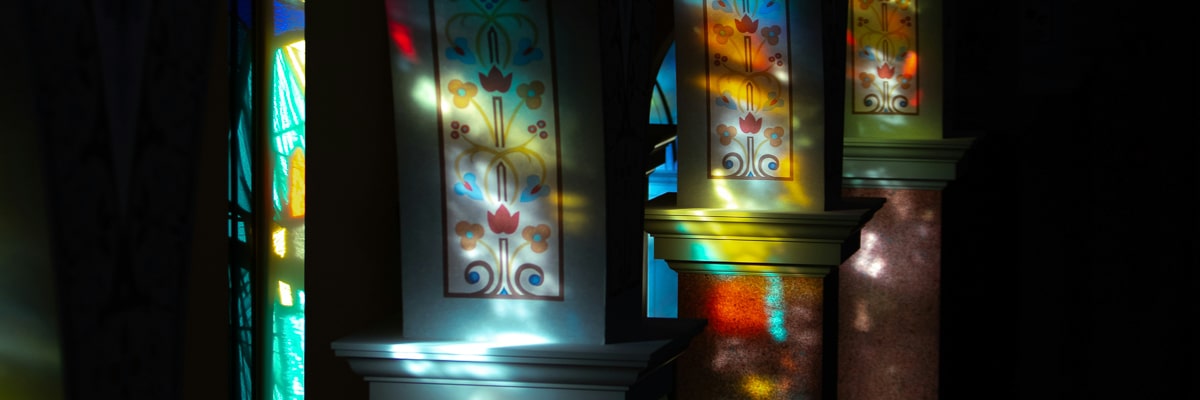
Set Apart and Within the World
Authors Adam Bucko and Rory McEntee envision what a “new monasticism” could mean today:
Monastic [life], then, represents for us a complete commitment to the transformative journey, … which takes us into the fullness of our humanity, allowing divinity to flower within us in increasing degrees of love, compassion, joy, sorrow, and wisdom. The monastic is the one who devotes his or her life to this ideal, and allows all life decisions to flow out of this commitment. The root of the word monk is monachos, which means “set apart.” For us, this is not so much a physical separation as a setting oneself apart from our cultural conditioning—from an unquestioning, and un-questing, view of life, one that drives us to adulate material success, seduces us into participating in the devastation of our planet, hardens our hearts to the plight of the poor and oppressed, and divorces us from our innate capacity for spiritual growth and maturity.
By new, we refer to the phenomenon of living out this spiritual vocation in the world…. We have found that many people today are feeling the same deep calling as the monks of old, a calling of complete commitment to the transformative journey, yet without the urge to act out this calling in the traditional way. They do not find themselves necessarily drawn to a monastery, or to celibacy, or to disengagement and liberation from the world. They instead feel a radical urge to live out this calling in the world—to be embedded in the world, with the hardship of financial realities, the ups and downs of political unrest, the blessings and difficulties of relationships—all in the midst of a contemporary society that does not support such a calling. [1]
CAC staff member Mark Longhurst honors the sacredness of ordinary life:
It is not possible, or even desirable, for most seekers of God to live in remote solitude or join a monastic order. I cherish going on retreat and revel in praying the monastic hours, but my true vocation is not to be a monk. My call is simply to be the most loving version of myself. Besides, I’m too busy driving the kids to basketball practice and reminding them to do their homework. [Thomas] Merton matters to me because he shatters the illusory barrier between the world and heaven, prayer and activity. He says, “I do not need to lock myself into solitude and lose all contact with the rest of the world; rather, this poor world has a right to a place in my solitude.” [2] Solitude and the world are not at odds or even, in the end, separate. Merton struck upon this truth from one end of the spectrum, by embracing the world as a solitary monk.
Now it is time for those of us more obviously in the world to embrace the monastic depths—which are the depths of grace that God pours forth toward us in all the stations of life in which we find ourselves. [3]
References:
[1] Rory McEntee and Adam Bucko, introduction to The New Monasticism: An Interspiritual Manifesto for Contemplative Living (Maryknoll, NY: Orbis Books, 2015), xxi.
[2] Merton to Pope John XXIII, November 10, 1958, in The Hidden Ground of Love, ed. William H. Shannon (New York: Farrar Straus Giroux, 1985), 482.
[3] Mark Longhurst, The Holy Ordinary: A Way to God (Rhinebeck, NY: Monkfish, 2024), 15.
Image credit and inspiration: Jacob Bentzinger, untitled (detail), 2023, photo, Unsplash. Click here to enlarge image. Like the light of a stained-glass window making new patterns and shapes on a wall, we look at old things and old ways with new eyes and discover new ways of being.
Story from Our Community:
Earlier this year, I had the privilege of witnessing and companioning my soulmate as they traveled through the portal of death. The final words I spoke from the depths of my being were “Thank you!” During the time of grief that followed, my heart expanded as I consciously integrated within me all the love we shared. After going through that experience, I feel more able to hold the pain and suffering of the world with compassion and mercy. Somehow, I intuitively know that an expansion of the heart like I experienced is the way for all of us to create a better future.
—Martha H.




